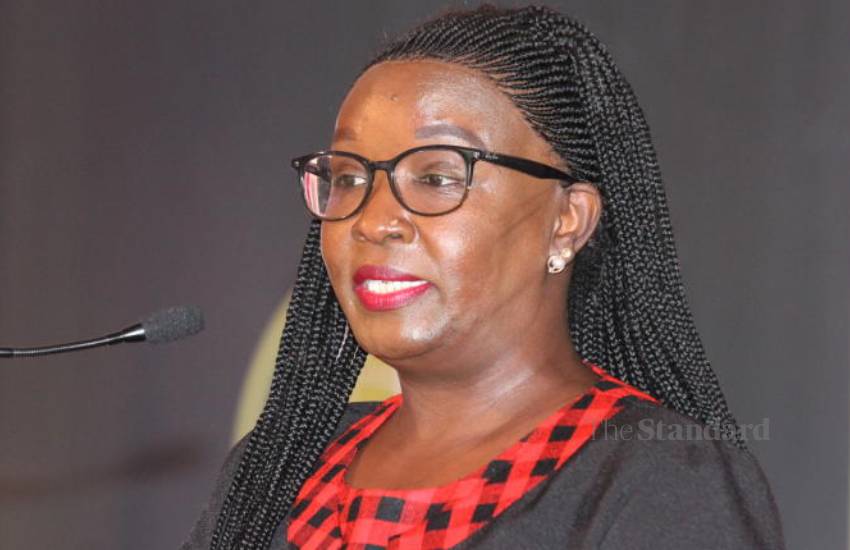
I had always believed that a seriously sick person is one with a frail body, in pain and without appetite. Then life happened and I met Alzheimer’s disease. It is about the progressive loss of brain cells which, unfortunately, are not located in full view, like the face, for us to witness their disappearance. You are left to deal with the consequences of having a total stranger replace the person you have always known, and there is nothing you can do about it.
When my mum returned home in 2015 after an 18-year stint abroad with my siblings, it did not take me long to notice that all was not well. She kept repeating things, making up things, forgetting things, and confusing things.
Her language, too, became problematic. She would, for instance, tell someone that they were ‘dangerous’ when she meant ‘generous’. This was strange coming from an ‘I went to Alliance’ kind of girl.
 The Standard Group Plc is a multi-media organization with investments in media
platforms spanning newspaper print
operations, television, radio broadcasting, digital and online services. The
Standard Group is recognized as a
leading multi-media house in Kenya with a key influence in matters of national
and international interest.
The Standard Group Plc is a multi-media organization with investments in media
platforms spanning newspaper print
operations, television, radio broadcasting, digital and online services. The
Standard Group is recognized as a
leading multi-media house in Kenya with a key influence in matters of national
and international interest.











